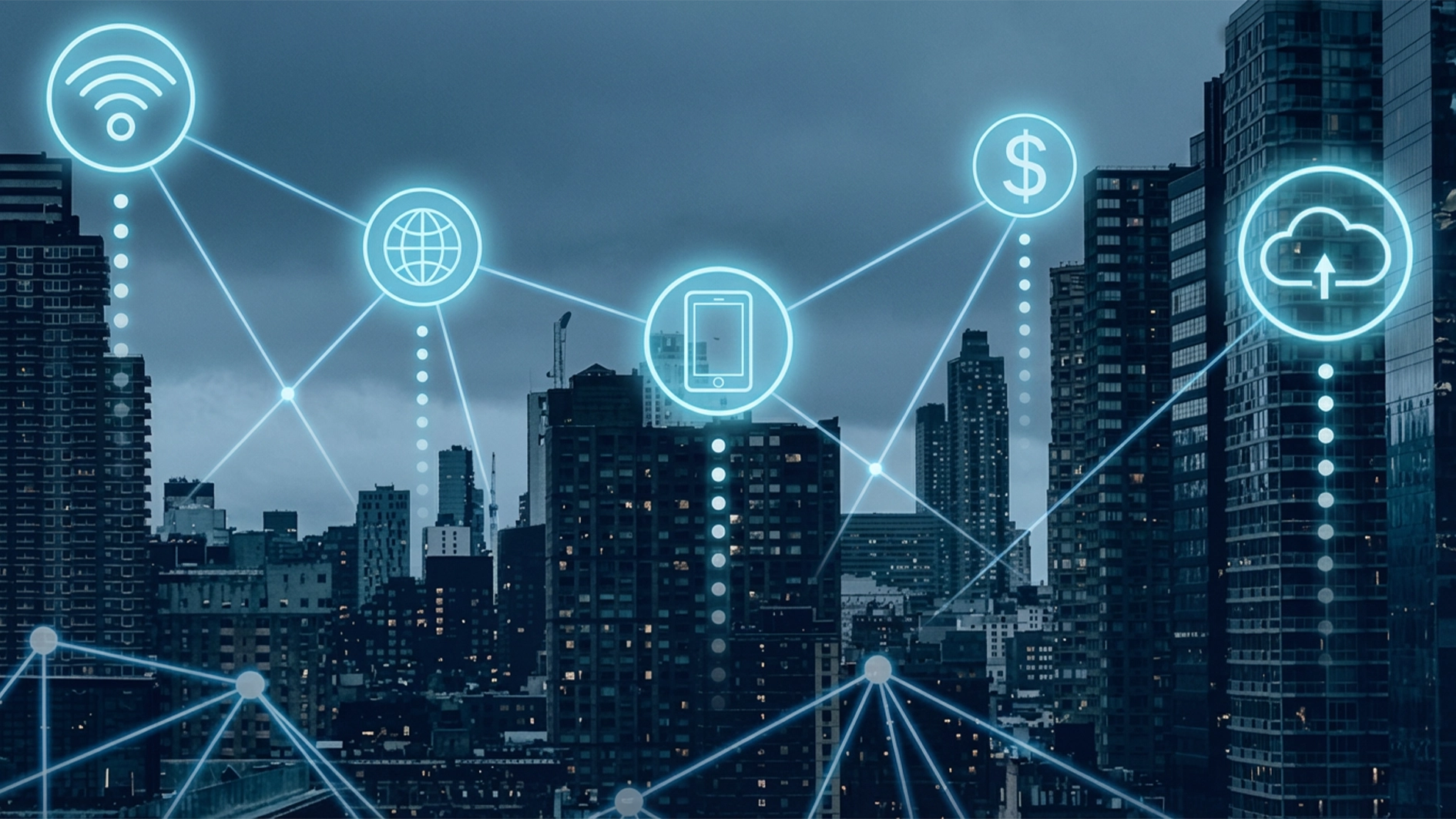In a quiet corner of Anambra State lies Odida, a rural community once plagued by the all-too-familiar realities of power poverty: unreliable electricity, unmeasured consumption, inflated fixed billing, and a deep-seated mistrust between residents and power providers. But today, Odida is making headlines—not for what it lacks, but for what it has gained: reliable, intelligently monitored electricity, empowered citizens, and a blueprint for rural electrification. At the heart of this transformation stands Mr. Izuchukwu Uchegbu, an engineer whose vision and leadership are redefining access to electricity across Nigeria’s underserved regions.
The Odida Smart Metering Initiative, launched in July 2021, is a joint pilot project between the Enugu Electricity Distribution Company (EEDC), Ukpaka Nigeria Ltd (where Mr. Uchegbu serves as a director and technical lead), and UK-based IoT company SteamaCo. Designed to address the challenges of poor revenue collection and power theft in rural areas, the project combined cutting-edge smart metering infrastructure with artificial intelligence to track consumption, detect energy theft, and bill residents accurately based on real-time data.
Before the project’s implementation, EEDC’s revenue collection efficiency in Odida was a mere 40%. Power supply was often limited due to poor cost recovery, and customers were billed using estimated methods, causing widespread dissatisfaction. Small businesses and households relied heavily on costly diesel and kerosene generators, further stifling economic growth and increasing carbon emissions.
But that changed with the introduction of smart meters and machine learning systems under Mr. Uchegbu’s leadership. The new technology enabled real-time electricity usage monitoring, pinpointing inefficiencies and unauthorized connections within days. As a result, collection efficiency surged to 100%, revenue increased by 150%, and technical losses were accurately measured at 22.6%, empowering EEDC to better plan for infrastructure upgrades. AI systems detected meter bypasses and illegal connections almost immediately, drastically improving enforcement and reducing losses.
The project’s most meaningful impact, however, maybe the renewed trust it fostered between the community and the utility company. Over 95% of Odida residents expressed satisfaction with the new pre-paid billing model, finally seeing their bills reflect actual usage. Residents reported a drop in generator usage, and businesses, for the first time, began to operate more predictably, thanks to reliable electricity.
Mr. Uchegbu said in a statement. “Odida is my hometown, I have experienced the struggles first-hand. Ensuring the successful execution of this project was my way of giving back.”
Navigating the rural terrain wasn’t without its challenges. From physical meter installations to mapping user clusters and setting up communication networks in areas with little connectivity, every step required innovation. The initiative caught national attention. It has since been featured by Voice of Nigeria and formally documented in the Nigerian Governors’ Forum digital repository—the country’s foremost archive for exemplary public sector innovations. Experts have praised it as a scalable model that could be replicated in hundreds of rural communities across Nigeria.
The project also aligns with Nigeria’s national goals of increasing electricity access, reducing dependency on fossil fuels, and improving power infrastructure through data-driven policies. Through accurate service delivery tracking under the Service-Based Tariff model, EEDC justified an upgrade for Odida from Band E to Band D, improving power availability and enabling more equitable energy distribution.
Looking ahead, Mr. Uchegbu continues to advocate for broader adoption of the Odida model. Already, discussions are underway with other distribution companies to replicate the project in similarly underserved regions. And with Nigeria’s electricity sector under pressure to improve performance and transparency, the timing could not be more critical.
The Odida Initiative reminds us that meaningful change often begins in overlooked places, driven by individuals who see problems and possibilities. As Nigeria and other developing nations seek to bridge the energy divide, projects like this offer a powerful testament to the role of local innovation, smart technology, and community-led development in lighting the way forward.






